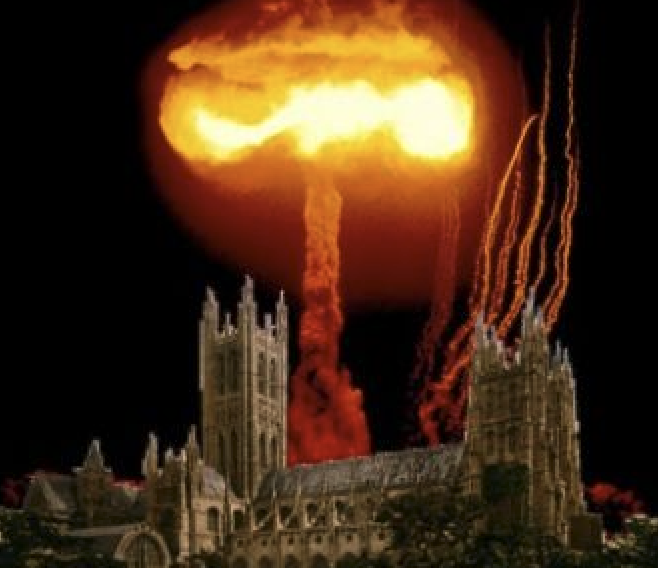On church calendars, parents and grandparents circle this December event with red ink.
The problem for clergy is simple: When do they schedule that special Christmas service, or that concert full of Christmas classics?
"Evangelicals, and especially Baptists, tend to be rather pragmatic about these decisions. We want the most bang for our bucks and we want as many people as possible" in the pews, said Joshua Waggener, professor of church music and worship at Southwestern Baptist Theological Seminary in Fort Worth, Texas.
One thing is certain: "You have to have those little kids up there singing 'Little Drummer Boy.' It's pragmatic. For most people, I don't think theology has anything to do with" the timing.
This reality affects when churches schedule special events, especially in December -- when their members wrestle with school calendars, travel, office parties, family traditions and, yes, worship services. Meanwhile, civic groups, shopping malls and mass media offer "The Holidays," a cultural tsunami that begins weeks before Thanksgiving.
In churches with centuries of liturgical traditions, the Nativity of Our Lord Jesus Christ is Dec. 25, following the quiet season of Advent (Latin for "toward the coming"). This year, Christmas falls on Sunday and, for Catholics, Anglicans and others, the Christmas Eve Midnight Mass is one of the year's most popular rites. This opens a festive season that continues through Jan. 6, the Feast of the Epiphany. Many Eastern Orthodox Christians follow the ancient Julian calendar and celebrate Christmas on Jan. 7, after Nativity Lent.
In the United States, some kind of Christmas Eve service remains the big draw, according to almost half (48%) of Protestant pastors contacted in a new study by Lifeway Research. The frequency of high-attendance church events builds until Christmas Eve, then declines sharply.
In this survey, mainline Protestant clergy (60%) were more likely than evangelicals (44%) to say Christmas Eve rites drew the most people, with Lutherans (84%) being the most likely to worship on Christmas Eve. In general, evangelical pastors (30%) said their high-attendance events came during the third week of December (30%).
Some churches fared better than others with events earlier in December.










